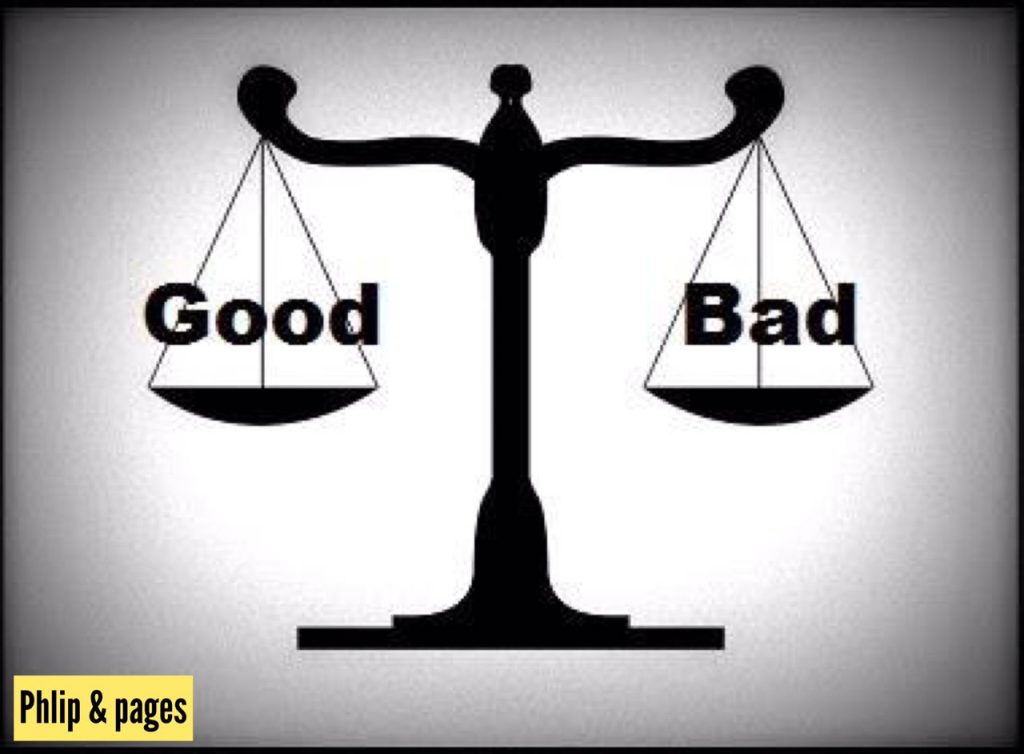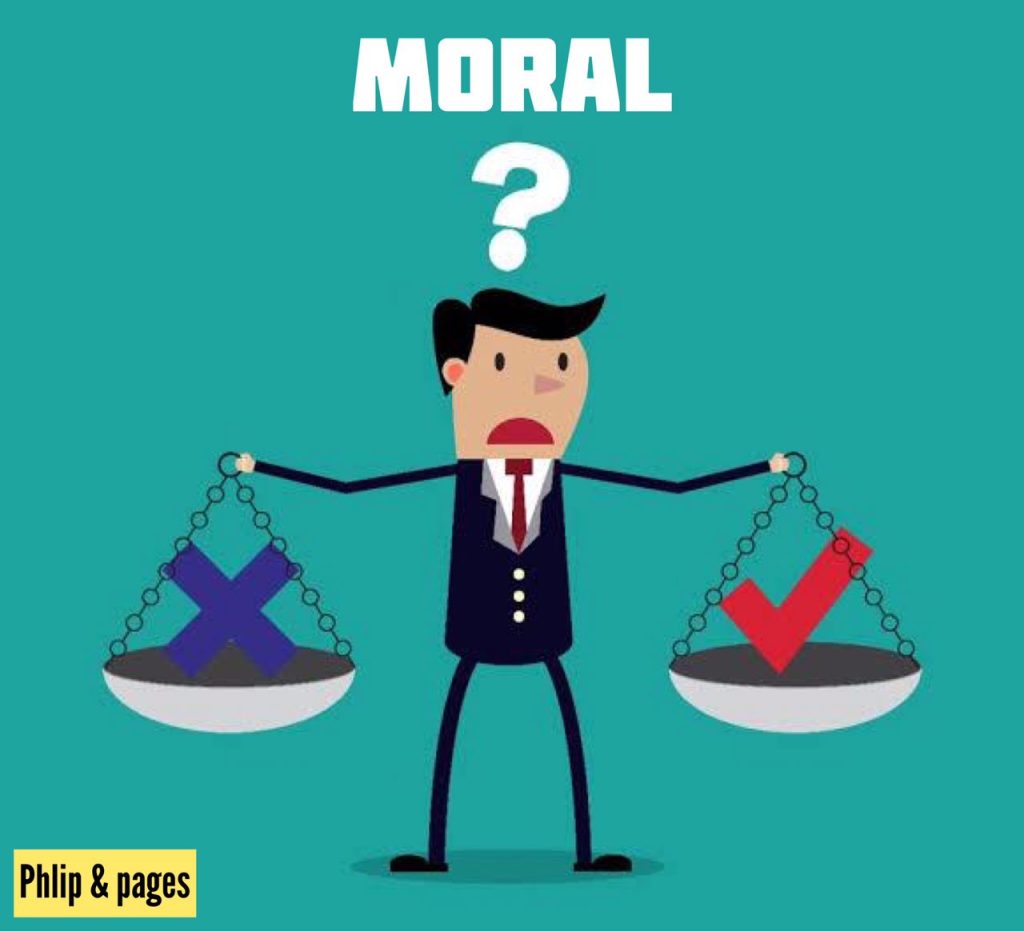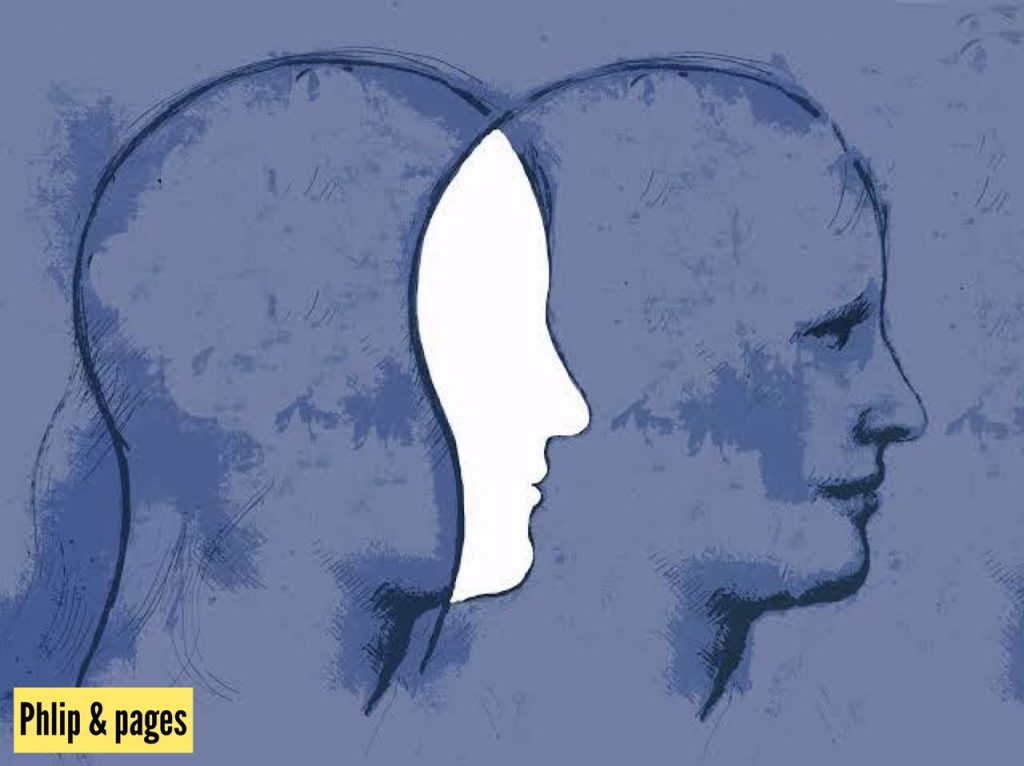The question of why we should be moral is one that has been pondered by philosophers for centuries. At its core, this inquiry seeks to understand what motivates us to act in accordance with ethical principles and values. While there are many different answers to this question, several key themes have emerged over time.
One common answer to the question of why we should be moral is rooted in religious beliefs and teachings. Many people believe that following a certain set of moral rules or commandments is necessary for achieving salvation or eternal life after death. This motivation can provide a source of comfort and guidance for individuals who seek meaning and purpose in their lives.

Another argument for being moral stems from the idea that it promotes social harmony and cooperation. By adhering to principles such as honesty, fairness, and respect for others’ rights, people can create stable communities where everyone’s needs are met without resorting to violence or conflict.
Additionally, some argue that morality provides personal benefits such as inner peace, self-respect, and a sense of fulfillment. When individuals act morally according to their own convictions rather than purely out of self-interest; they feel more authentic about themselves which translates into greater levels happiness & contentment overall.
However not all philosophers agree on these points; some hold that being ethical does not necessarily lead towards desirable outcomes either personally or collectively since human beings may still end up facing negative consequences despite doing good deeds due factors beyond our control like natural calamities among other things hence making it difficult justify reasoning behind “why” one ought behave ethically all times

Despite these various arguments about the reasons behind morality – it remains an important part of human existence because ethics plays significant role shaping our collective behavior across diverse societies globally today just as much so throughout history too whether via current legal frameworks used govern nations worldwide (or) through cultural norms & traditions passed down generations within families respectively etc..

In conclusion: while there may never be one definitive answer on why we should be moral, the question itself remains a central concern of philosophy and ethics. The debate on this topic will likely continue as long as humans exist, but it is important to explore different perspectives in order to better understand our own motivations for ethical behavior.
Follow us on Twitter, Instagram, Facebook for more informing and exciting Post
















